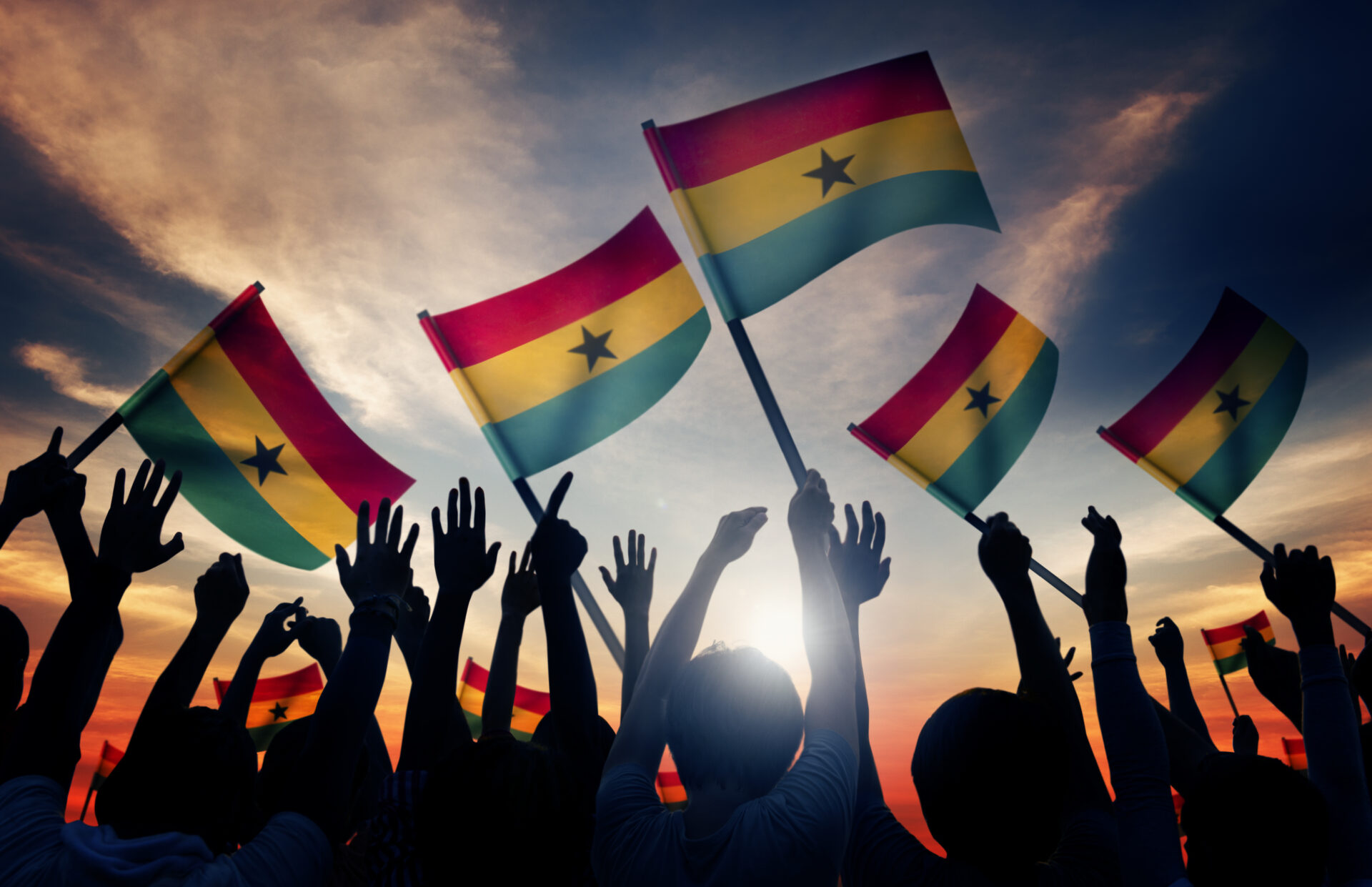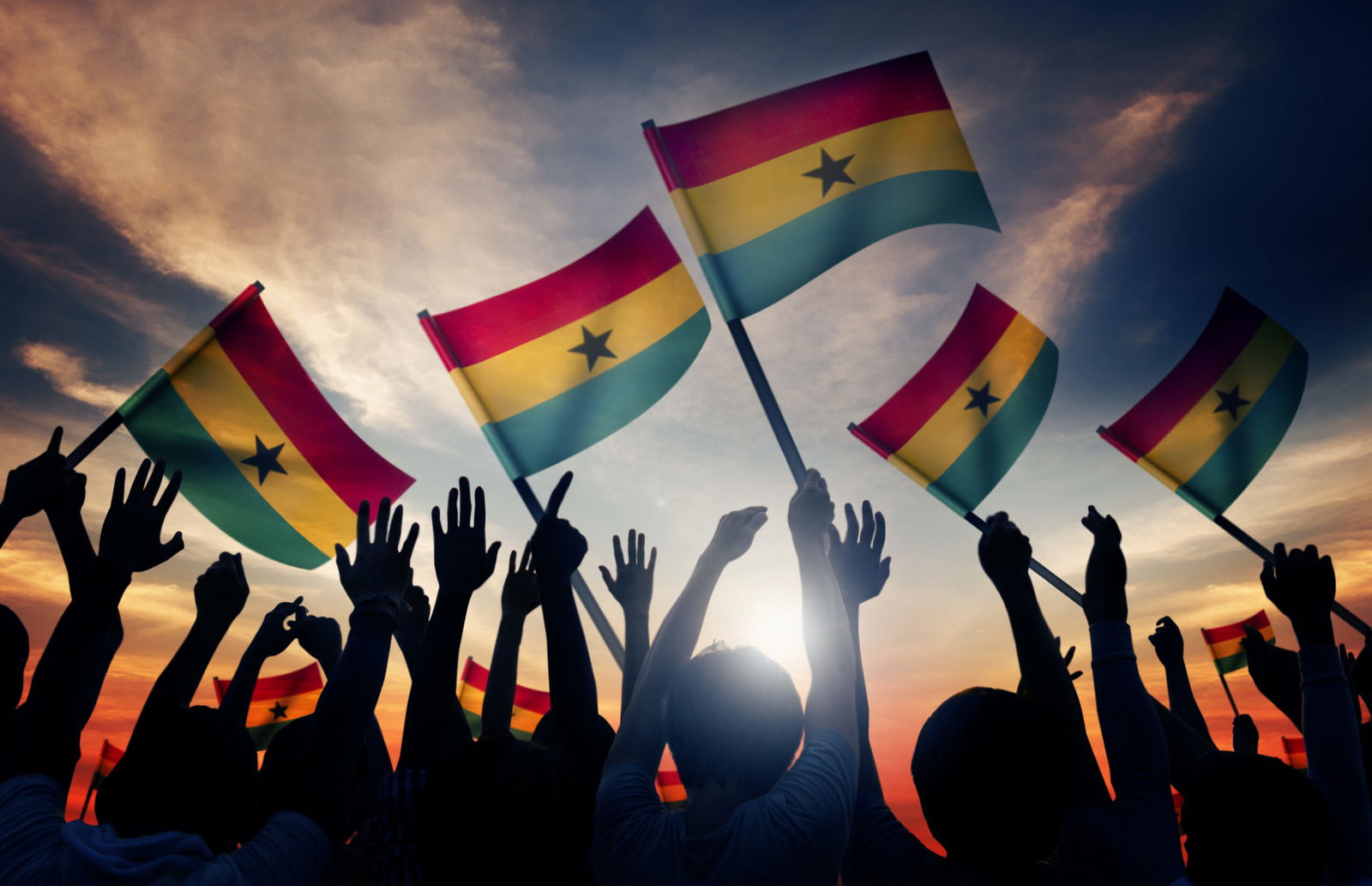
October 31, 2025
Ghana’s government introduced the policy as a means of cultural empowerment after generations of English, inherited from colonial rule and white supremacy.
The Ghanaian government has announced a new mandate requiring the use of “mother-tongue” local languages in all schools as part of its effort to preserve and promote the nation’s cultural identity.
On Oct. 24, Education Minister Haruna Iddrisu said teachers are now required immediately to use local languages as the primary medium of instruction in basic schools, Africa News reports. The policy represents a major step in improving learning outcomes and preserving Ghana’s cultural identity, while challenging decades of English-language dominance in the country’s education system.
The policy change follows a 2022 study by UNESCO and the World Bank, which found that children learn more effectively and confidently when taught in their mother tongue, particularly in early education. Teaching in their native language helps build a strong foundation in literacy and cognitive skills, with research showing that children are more likely to read with comprehension and achieve academic success when they understand the language of instruction.
Ghana’s government introduced the policy as a means of cultural empowerment after generations of English, inherited from colonial rule and white supremacy, as the primary language of instruction. The approach of aligning education with cultural identity is also gaining traction in countries such as South Africa, Kenya, and Tanzania.
However, the policy shift presents significant challenges. Ghana is home to over 70 languages, with only about 11 officially recognized for education and broadcasting, including Akan (Twi and Fante), Ewe, Ga, Dagbani, Nzema, and Gonja, making it challenging to select a single language for instruction.
The government says schools should teach in the “dominant local language” of each area, but defining this is not always straightforward. Most textbooks are in English, so translating materials into multiple local languages, training teachers to use them, and ensuring nationwide consistency could take years.
“We already struggle to get basic materials in English,” one teacher in Accra said. “Now we’ll need books and training in 10 different languages. It’s a good idea, but we’re not ready.”
Ghana’s first attempt to implement mother-tongue instruction in schools was in the early 2000s, but the policy faded after a few years due to limited support, poor execution, and parental resistance, as parents feared it would hinder their children’s English proficiency.
Critics argue that teaching in colonial languages can isolate students and limit comprehension. In contrast, others worry that removing English too early could put African students at a disadvantage in global spaces where English remains dominant.
“It’s a tough balance,” a university lecturer, Dr Ernest Kissi of Kwame Nkrumah University of Science and Technology, said. “We want to preserve our identity, but we can’t ignore the realities of global communication and opportunity.”
RELATED CONTENT: Search For Missing Ohio Woman Intensifies; Concerns Mount After Communication Lapse


